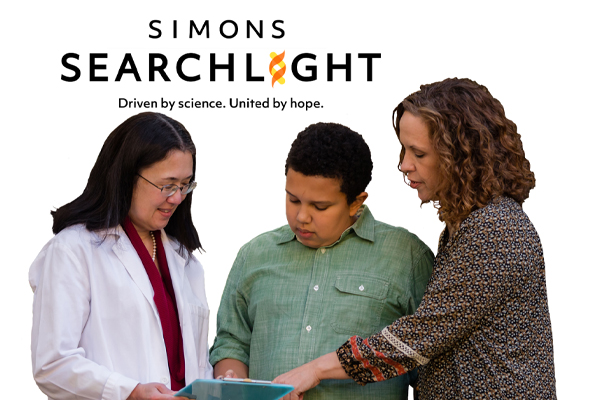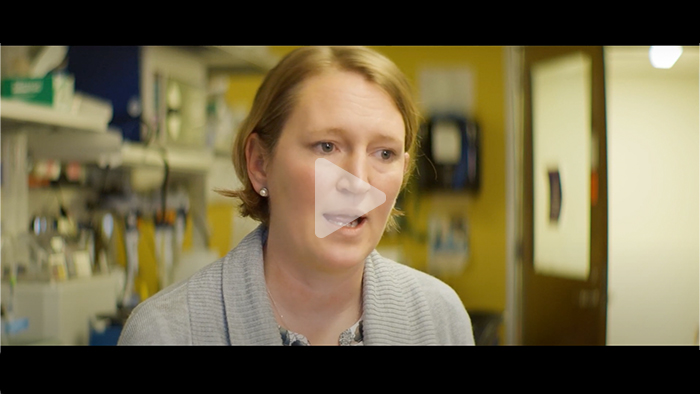Models of CHD2
As part of our "Roadmap to a Cure", we must ensure that any treatment we intend to use in people will be safe, efficacious and has the greatest potential to benefit people living with a CHD2 mutation.
For these reasons, developing models of CHD2 that can be widely shared with the fewest barriers or commercially purchased is a top priority for our community.
Listed below is a growing list of models that can be used as tools for basic biology and translational-preclinical studies of CHD2.
CHD2 human iPSC line available through the European Bank for Induced Pluripotent Stem Cells
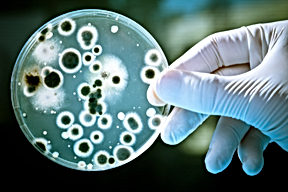
PFIZi029-A Description: c4636 C>T in exon 36 of the CHD2 gene (NM_001271.3)
CHD2 human stable knockdown cell lines through AcceGen Biotech
Human CHD2 shRNA knockdown in HEK293 or HeLa cells
CHD2 mouse model that has 2 nucleotide deletion in the 3rd exon of CHD2, which leads to production of little to no CHD2 protein.
Dr. Igor Ulitsky has a mouse model that has 2 nucleotide deletions in the 3rd exon of CHD2, which leads to production of little to no CHD2 protein. See his paper for more details: https://www.nature.com/articles/s41467-019-13075-8.pdf
Chd2 mouse alleles available through The International Mouse Phenotyping Consortium and related phenotypic data
Chd2 tm1 targeting vectors and ES cells Allele type: reporter-tagged deletion allele (with selection cassette)
Chd2 tm1a mice, targeting vectors, and ES cells Allele type: KO first allele (reporter-tagged insertion with conditional potential)
Chd2 tm1b mice and tissue available through The Centre for Phenogenomics Allele type: Reporter-tagged deletion allele (post-Cre)
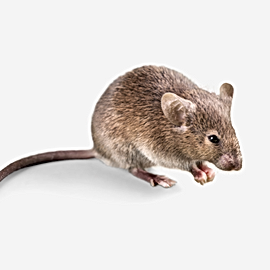
Chd2 mouse alleles available through Taconic Biosciences, Inc.
Chd2 constitutive knockout Allele type: Gene trap
Chd2 zebrafish line available through The Zebrafish Information Network: MO1-chd2
Chd2 zebrafish line available through UCSF, Scott Baraban Lab https://zebrafishproject.ucsf.edu/chd2
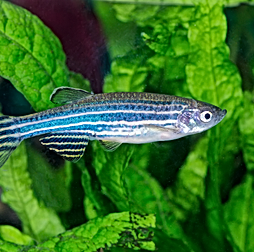
CHD2 mutant frog allele with a 22bp deletion within the second chromodomain, though not yet published.
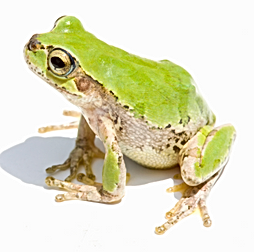
For inquiries and additional information please contact, Helen Willsey, PhD @ Helen.Willsey@ucsf.edu
Stock will be distributed through the National Xenopus Resource (NXR)
Have you or your loved one been diagnosed with CHD2?
Register hereOngoing Studies
Videos



